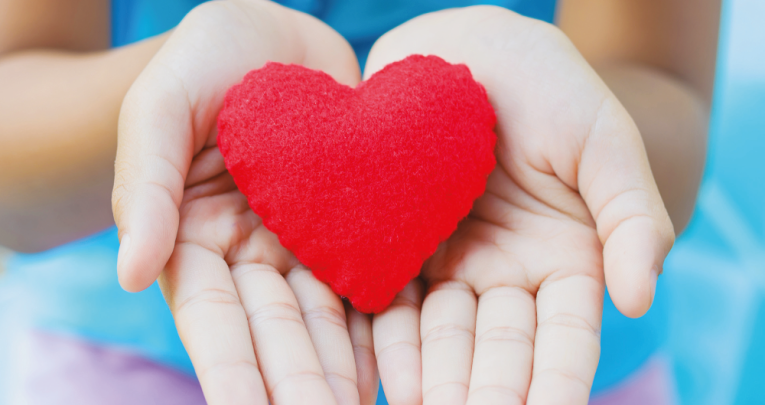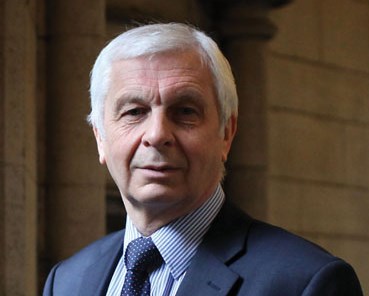Get Relationships And Values Right At The Heart Of The School And Teaching SRE Becomes Natural

Young people have something that nobody else possesses: their own body; and what they choose to do with it is an important set of decisions for which they have ultimate responsibility

- by Mick Waters

I sometimes set children in KS2 and beyond the following question: ‘Imagine there was something that you possessed that was the only one of its type in the world – something totally unique. How would you treat it?’
They chat in small groups and come up with lists: treasure it, protect it, hide it away, clean it, get it out and be nice to it, only show it to trusted people, make sure it is warm, feed it carefully, exercise it.
I then explain that they have something that nobody else possesses: their own body; they do have the only one in the world. Love, loathe, hate or like it, their body is the one they’ve got and what they choose to do with it is an important set of decisions for which they have ultimate responsibility.
What they feed it, what they put into it, who they let see or touch it and how they treat it are important and life-changing decisions. They must learn how incredible their body is, but also how dependent their lives are on how they look after it.
Most children acquire this knowledge and understanding at home, but typically, those from poorer families have much less chance. Some children will be in a world where food is rarely fresh, where sufficient sustenance might not be available at all, where drink and drugs are present and where cleanliness doesn’t seem to matter.
Sadly, some children grow up in homes and communities where relationships are fragile, people are exploited, strife and tension are normal. From whatever family, some children may be vulnerable to abuse.
The recent announcement by the secretary of state to make relationships and sex education mandatory provision in all schools should be applauded. It is a first step in reinstating the PHSE that was removed by Gove in his intolerance of anything but knowledge and facts.
Of course, there are those who think the area of sex education is best kept out of schools. They believe that children will be drawn to practise by learning about it at school. If only that were true for mathematics and reading! Many parents will be worried that their children will be meeting experiences beyond their maturity and that their innocence will be lost.
Similarly, many teachers will be worried about having to teach such delicate matters. What really matters is that schools recognise that relationships and sex education is more than a set of lessons.
Attitudes, values and relationships are at the heart of a good school. The way people treat each other shows itself in all aspects of school life; in the routines and events, as well as lessons. If schools get right their daily life and relationships, teaching about relationships becomes natural. The worse things that can happen would be for a series of lessons to be produced with the accompanying worksheet.
Children need good relationships with adults that they know they can trust; adults who also help them to be cautious and watchful. This is why, even from a young age, children should be encouraged by their teachers to negotiate, compromise, question, protest and sometimes resist with counter opinions. They need to cope with failure and have the courage and confidence to say, ‘no’.
We need to question outlooks that expect the discipline of blind faith in schools, where children conform and obey demurely and tolerate bizarre rules that teach them to comply. For all the challenges involved, we need children to grow up as well-rounded individuals, rather than controlled, benign ‘adult pleasers’. This is why the best schools teach children to be self-regulating.
The media seems not to have picked up on the order of the words used by Justine Greening. I think the use of ‘relationships’ before ‘sex’ is a subtle but important act. Our children need to learn about the importance of positive and lasting relationships and they need to learn about sex in that context.
The mechanics of sex are but an aspect of the provision we need to make. The awareness to distinguish true feelings and emotions from the techniques of groomers and abusers is something we would surely want all our children to develop.
Mick Waters is Professor of Education at Wolverhampton University. This issue is addressed in his book Thinking Allowed on Schooling (£14.99, Independent Thinking Press).











